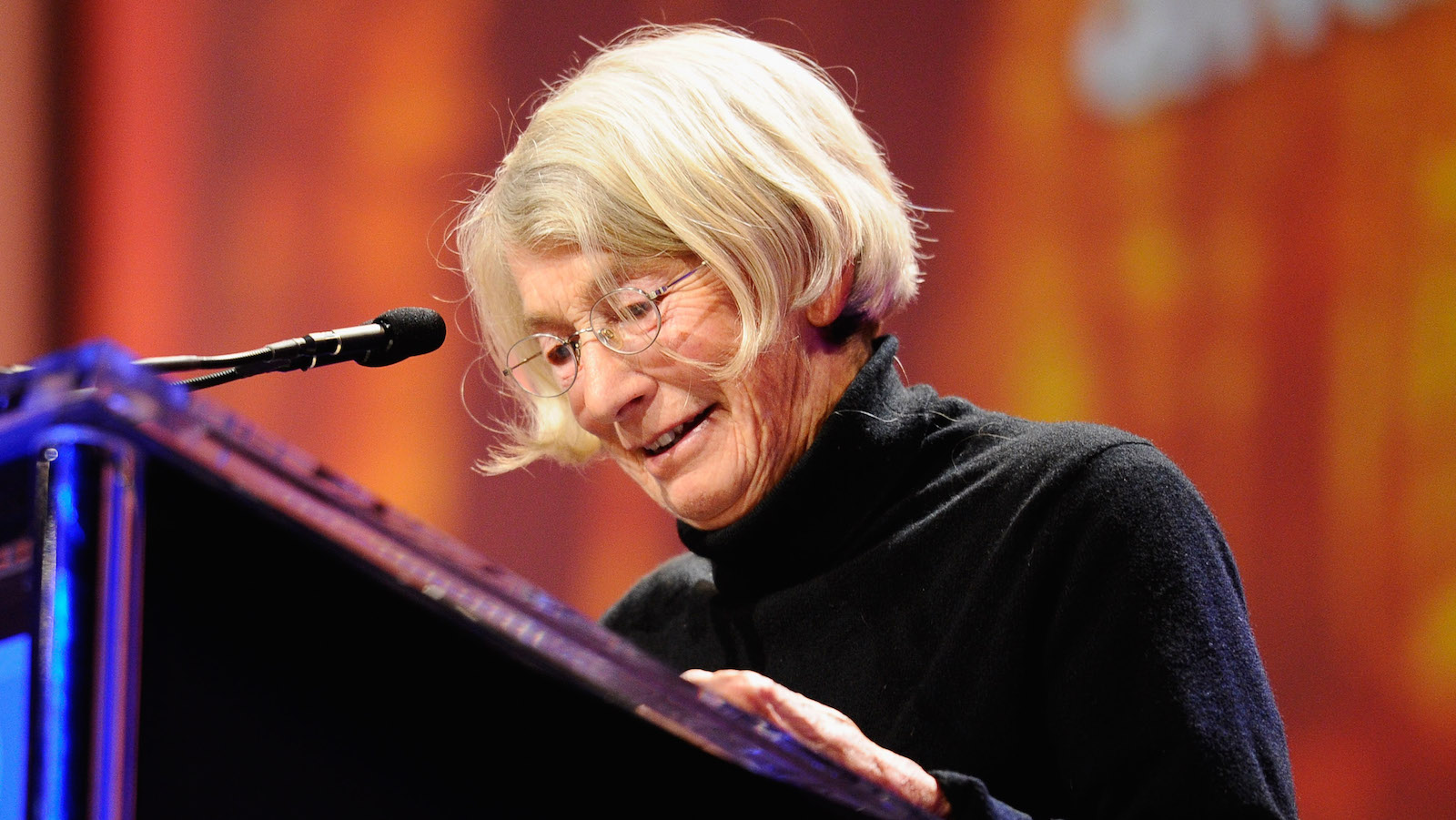Few poets have had the ability to so beautifully articulate their love of nature as well as Mary Oliver. The writer, 83, died on Thursday at her home in Florida. She was a Pulitzer Prize winner, and the New Yorker called her “America’s most beloved poet.”
In her writings and in her life, Oliver focused on the one thing we all have in common: We are all, inherently, part of the Earth we call home. That understanding was part of what made her writing so accessible and profound. Urging us to pay attention to nature for inspiration is something that, in our plugged-in and always-on society, made Oliver especially relevant.
In a 2015 interview with Krista Tippett for her “On Being” podcast, Oliver spoke about how her lifelong love of nature, including long walks in the woods, helped her overcome childhood trauma and find meaning: “I got saved by poetry. And I got saved by the beauty of the world.”
In her collection of essays Long Life, Oliver writes: “What does it mean that the earth is so beautiful? And what shall I do about it? What is the gift that I should bring to the world? What is the life that I should live?” Oliver’s own life was devoted to spreading a deep appreciation of that beauty. For others, her poetry inspired not only appreciation, but the desire to protect nature as a gift to future generations.
One of Oliver’s most famous poems was “Wild Geese,” which Tippett described as “a poem that has saved lives.” In it, Oliver offers reassurance and gives us permission to be ourselves. The final famous lines read:
Whoever you are, no matter how lonely,
the world offers itself to your imagination,
calls to you like the wild geese, harsh and exciting—
over and over announcing your place
in the family of things.



